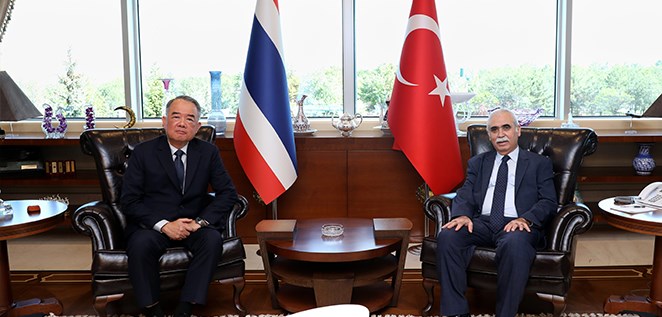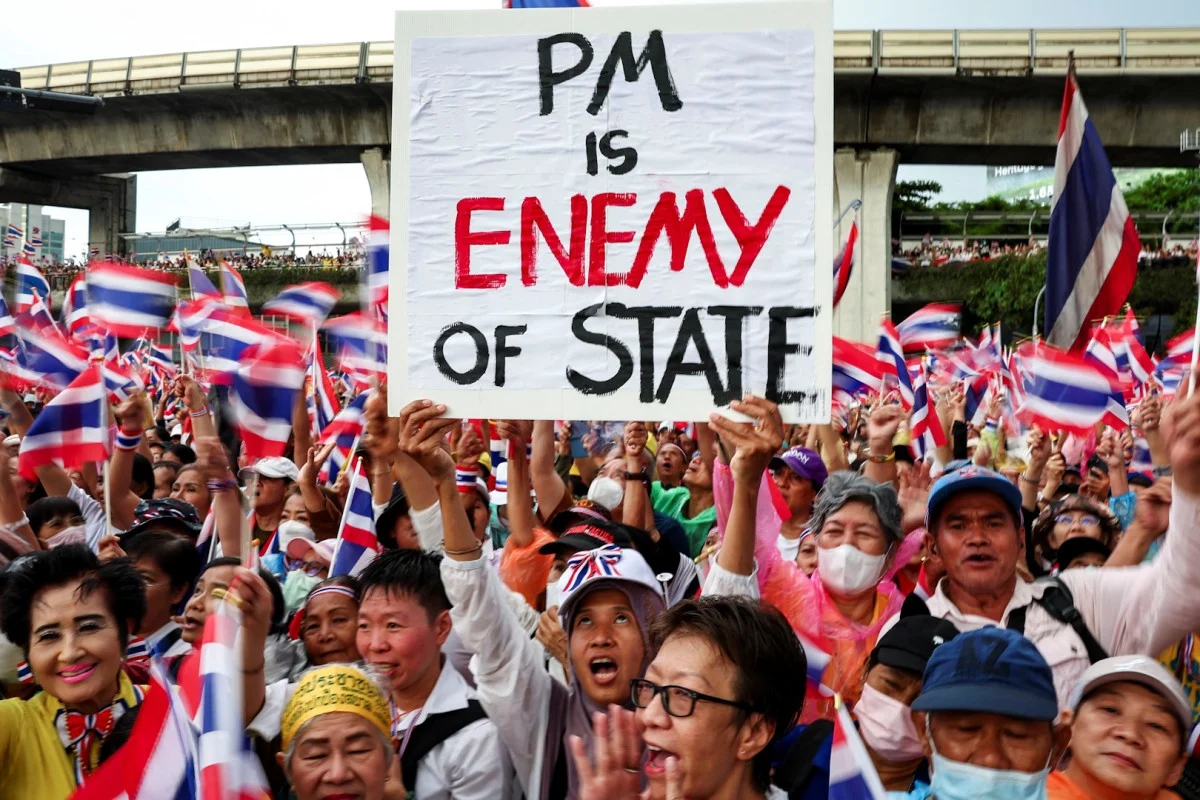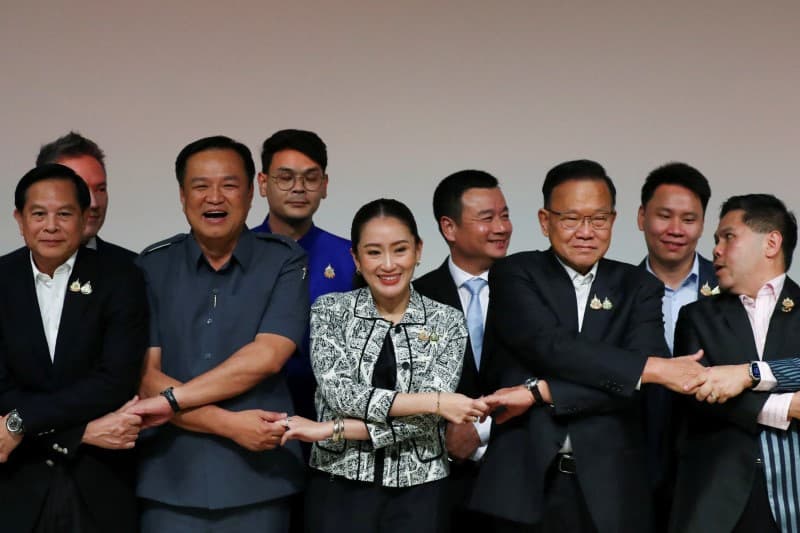As political chaos grips Thailand, the suspension of Prime Minister Paetongtarn Shinawatra has sent shockwaves through the nation. The Constitutional Court’s decision to suspend Shinawatra over the leak of a confidential phone call with former Cambodian leader Hun Sen not only raises questions about her leadership but also lays bare the fragility of democratic governance in Thailand.
Political Turmoil Intensifies
On June 30, 2025, the Thai Constitutional Court ruled to suspend Prime Minister Shinawatra, a move that has ignited fierce debates across the political landscape. According to The New York Times, the court"s ruling was prompted by a petition from 36 conservative senators who accused her of breaching ethical standards. The leaked conversation, which allegedly touched upon sensitive details regarding an ongoing border dispute with Cambodia, has raised alarm bells among citizens and political analysts alike.
Ethical Standards Under Fire
The accusations against Shinawatra highlight a broader trend within Thai politics where ethical governance is often compromised by partisan warfare. This situation underscores the need for stronger mechanisms to protect democratic integrity and ensure accountability. As reported by BBC, calls for her resignation have intensified, revealing a deep-seated political divide that threatens the very foundation of Thailand"s democracy.

Visit by the Delegation of the Constitutional Court of the ...
The Role of the Judiciary
The suspension raises critical questions about the role of the judiciary in political affairs. While the courts are meant to serve as impartial arbiters, this case suggests a potential misuse of judicial power to influence political outcomes. The suspension of Shinawatra could set a dangerous precedent, whereby the judiciary becomes a tool for partisan interests rather than a bastion of justice. As reported by AP News, the court"s decision reflects the ongoing struggle between progressive forces and conservative elements entrenched in the political system.
Implications for Civil Rights and Governance
The implications of this suspension extend beyond the immediate political drama. The backlash against Shinawatra threatens to undermine recent progress in civil rights and democratic participation in Thailand. Citizens who rallied for her leadership in the hopes of transformative change now face the possibility of reverting to a more authoritarian regime. The ruling elite, represented by the conservative senators pushing for her suspension, seem focused on maintaining their grip on power rather than fostering a healthy democratic discourse.

Thailand protests: Latest News and Updates | South China ...
Future of Thai Democracy
As Thailand navigates this tumultuous period, the future of its democracy hangs in the balance. The suspension of Prime Minister Shinawatra is not merely a personal crisis; it is a reflection of the broader struggle for democratic governance and civil rights in an increasingly polarized society. The fallout from this incident will likely reverberate through the political landscape, prompting citizens to reassess their commitment to participatory governance and accountability. As the world watches, the actions taken in the coming weeks will either fortify or fracture the foundations of Thailand’s democratic aspirations.



![[Video] Gunfire between Iraqi security forces and Sadr militias in Baghdad](/_next/image?url=%2Fapi%2Fimage%2Fthumbnails%2Fthumbnail-1768343508874-4redb-thumbnail.jpg&w=3840&q=75)
